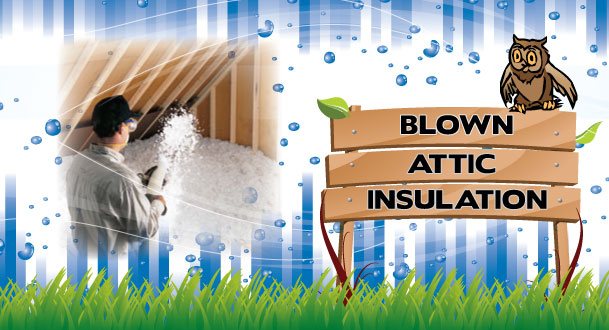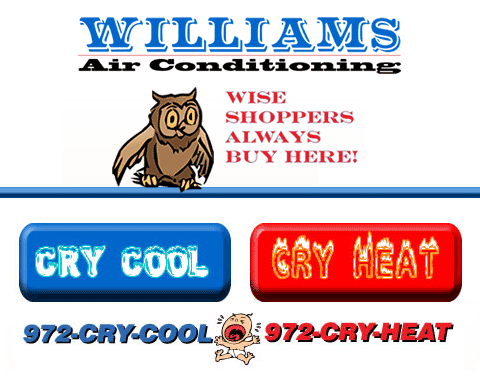Insulation Service

During the life of a home, wear and tear compromises the quality of our home, building codes change and, as a result, outdate our home’s specifications. Williams can upgrade home insulation, seal air leaks, and save the homeowner money while helping to conserve our environment.
There are three key ways to measure insulation effectiveness:
Air Barrier – An air barrier controls the flow of air between conditioned and unconditioned spaces. Some forms of insulation do not qualify as air barriers (e.g. fiberglass insulation.)
Vapor Barrier – A vapor barrier does not allow diffusion of moisture between spaces. Certain types of foam insulation qualify as vapor barriers, while others qualify as vapor retarders.
R-Value – R-Value is a rating of thermal resistance. Increasing the thickness of an insulating layer increases the thermal resistance (R-value). Adding R-value, however, does not create a true air barrier. Insulation helps your home maintain a consistent temperature – it keeps your home warm during the winter and cool during the summer. There are several common types of insulation — fiberglass (in both batt and blown forms), cellulose, rigid foam board, and spray foam.
When correctly installed with air sealing, each type of insulation can deliver comfort and lower energy bills. Woodman Insulation offers its customers the most innovative and effective insulation products available.









